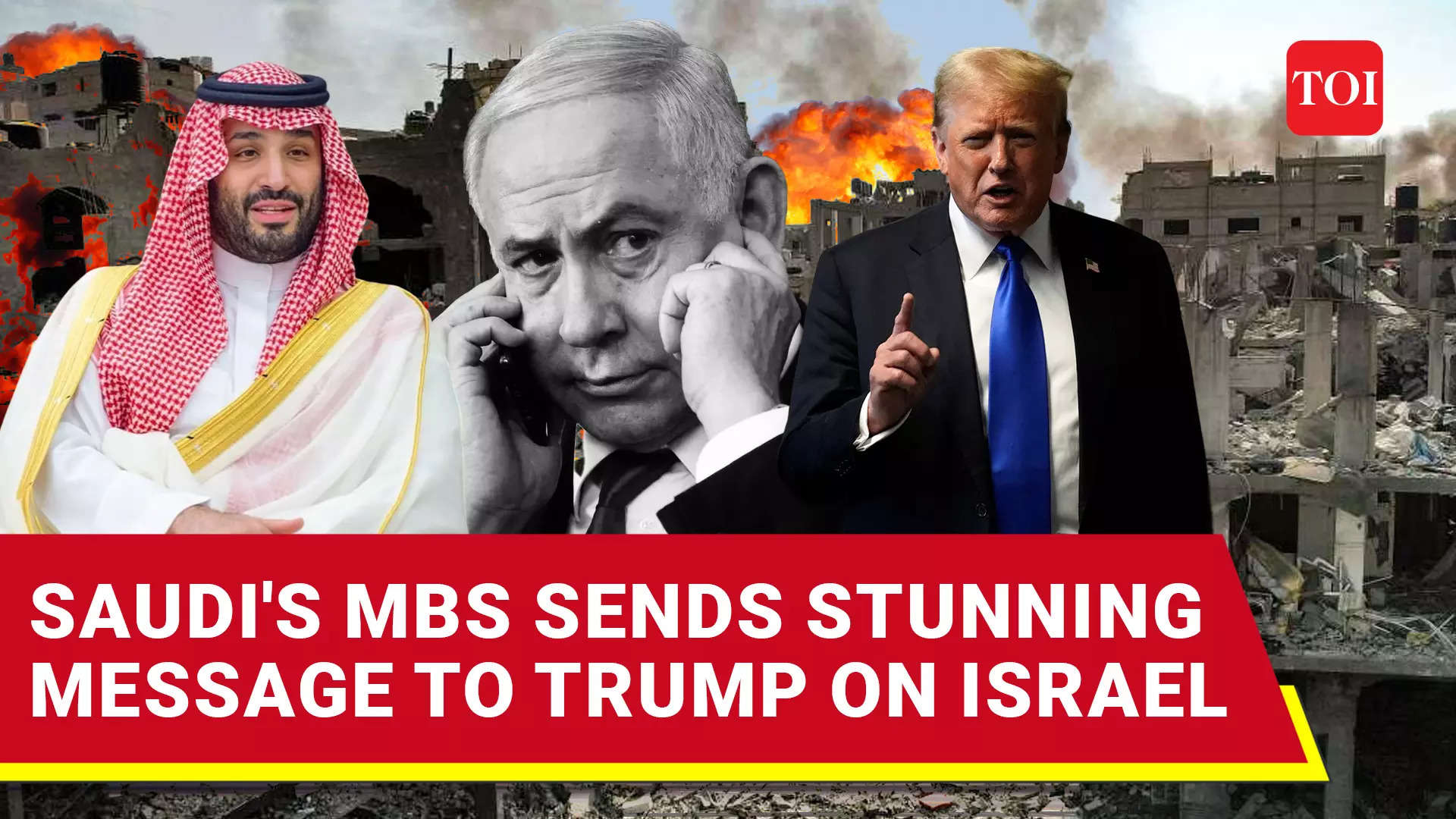 |
|
The recent summit of Arab and Muslim leaders in Riyadh witnessed a strong statement from Saudi Arabia's Crown Prince Mohammed Bin Salman (MBS), directly targeting Israel and appealing to U.S. President-elect Donald Trump to intervene for peace in the region. MBS's speech, laden with criticism of Israel's actions in Gaza and Lebanon, resonated with the anxieties and aspirations of many Arab and Muslim leaders, effectively putting the incoming U.S. administration on notice regarding the region's most pressing issues.
The crown prince's message was clear: Israel must cease its military operations in Gaza and Lebanon, and the international community, especially the United States, should play an active role in pressuring Israel to adhere to this demand. His call for a ceasefire and an end to hostilities is likely to be welcomed by many, particularly those who have suffered under the weight of conflict for years. However, achieving this goal will require significant diplomatic effort and a willingness from both sides to engage in serious negotiations.
Moreover, MBS made a pointed demand for Israel to respect the sovereignty of Iran, underlining the deep-seated tensions that exist between these two countries. He warned against any violation of Iranian territory, indicating a potential flashpoint that could escalate regional conflict if not addressed diplomatically. This statement highlights the broader regional context in which the Israeli-Palestinian conflict takes place and the intricate web of alliances and rivalries that characterize the Middle East.
The impact of MBS's speech on the incoming Trump administration remains to be seen. While Trump has expressed support for Israel in the past, his commitment to brokering peace in the region and his willingness to confront Israel over its actions remain unclear. His foreign policy agenda, particularly in the Middle East, is still being formulated, and the positions taken by other regional leaders, including MBS, will undoubtedly influence his decisions.
This summit and MBS's statement represent a pivotal moment in the Middle East. The region's leaders have clearly articulated their demands and expectations for the incoming U.S. administration. How Trump responds to these demands will have a significant impact on the future of the Middle East and the stability of the region. The coming months will be crucial in shaping the trajectory of US-Middle East relations, and the potential for conflict or cooperation will depend largely on the willingness of all parties involved to engage in good-faith dialogue and diplomacy.
Source: Arab Leaders Join Saudi Arabia To Warn Trump Against Israel; MBS Tells Netanyahu To Stop War
